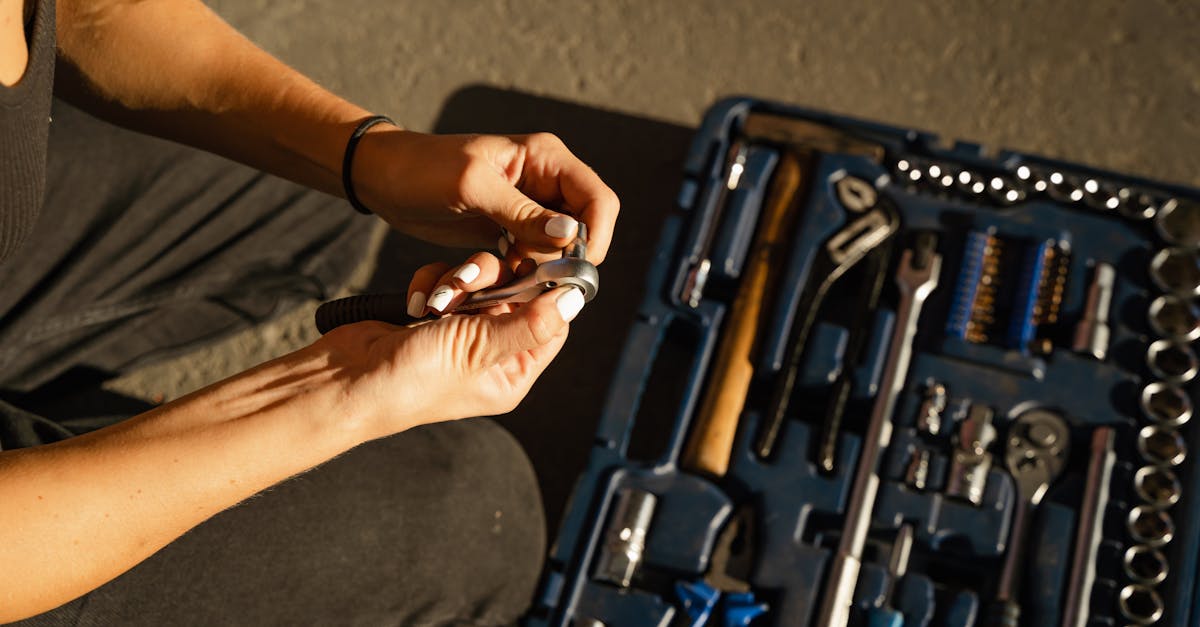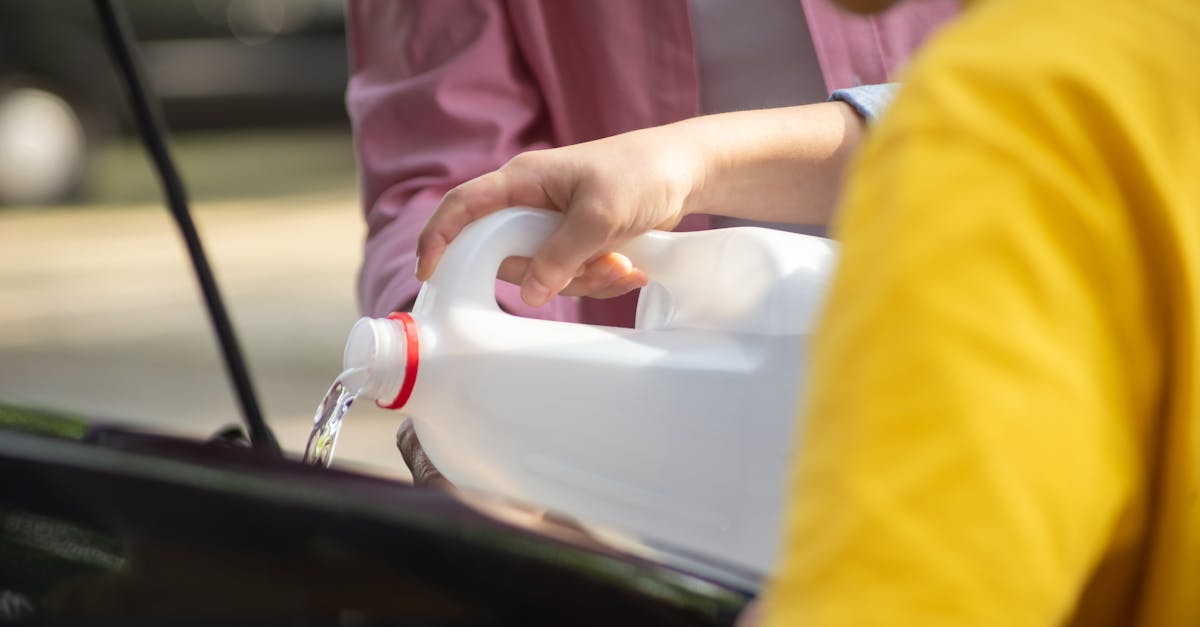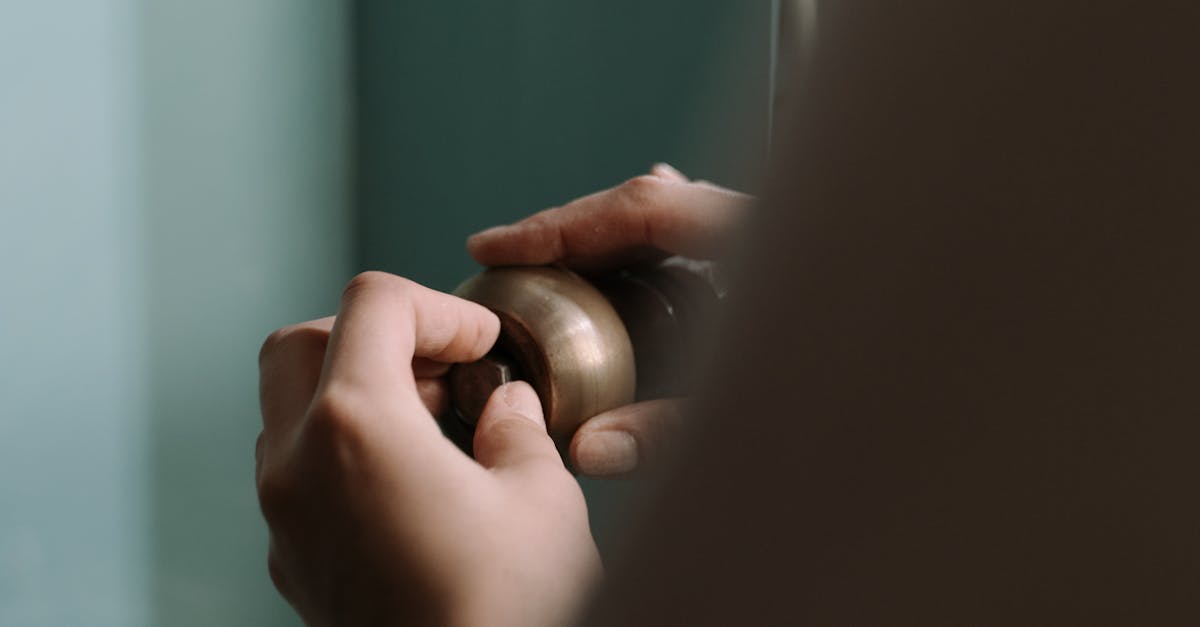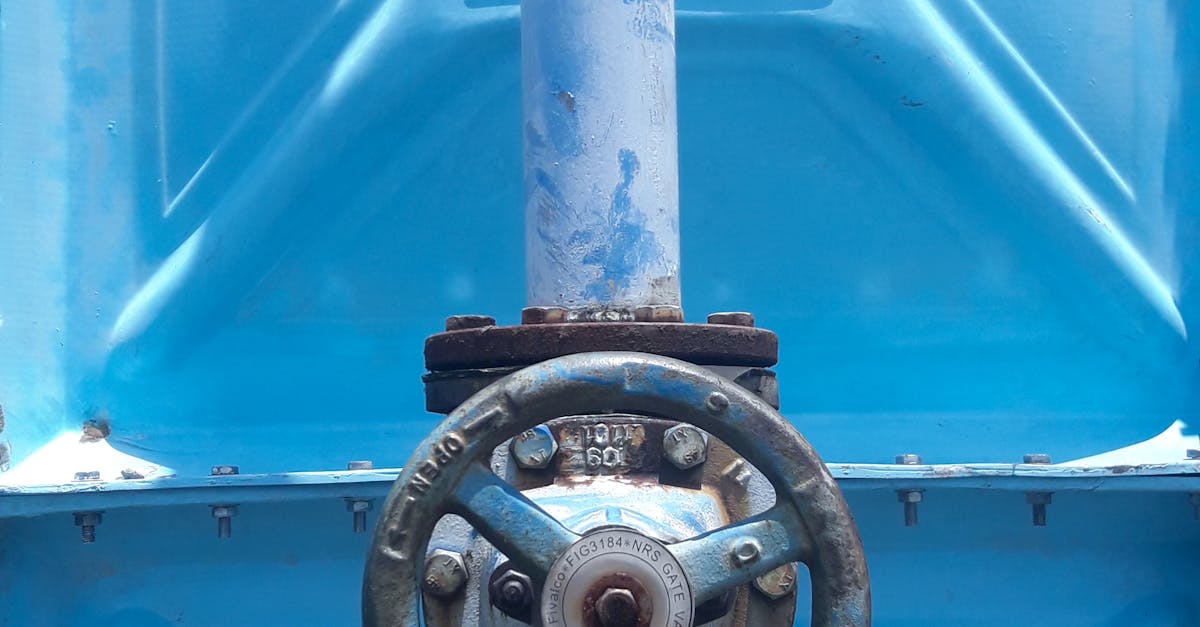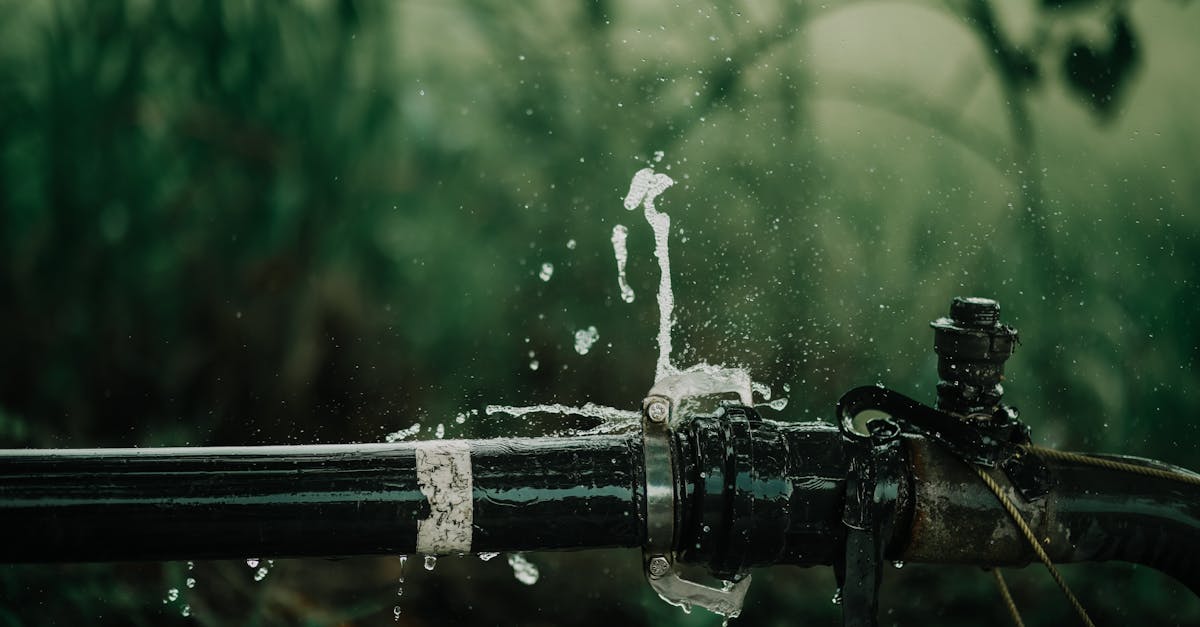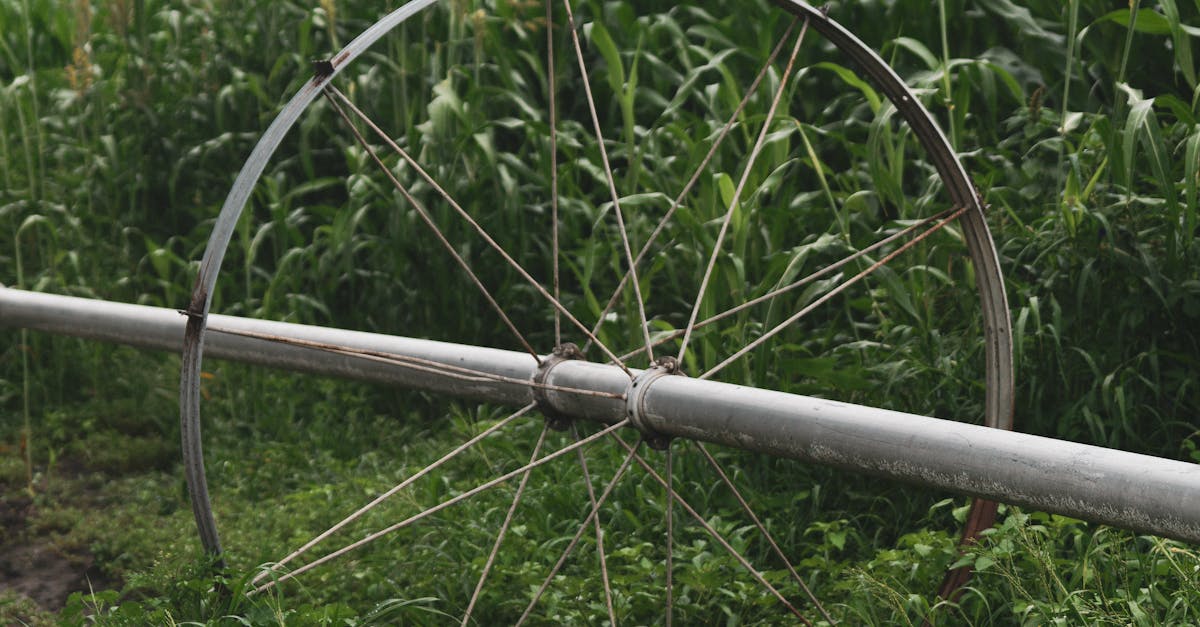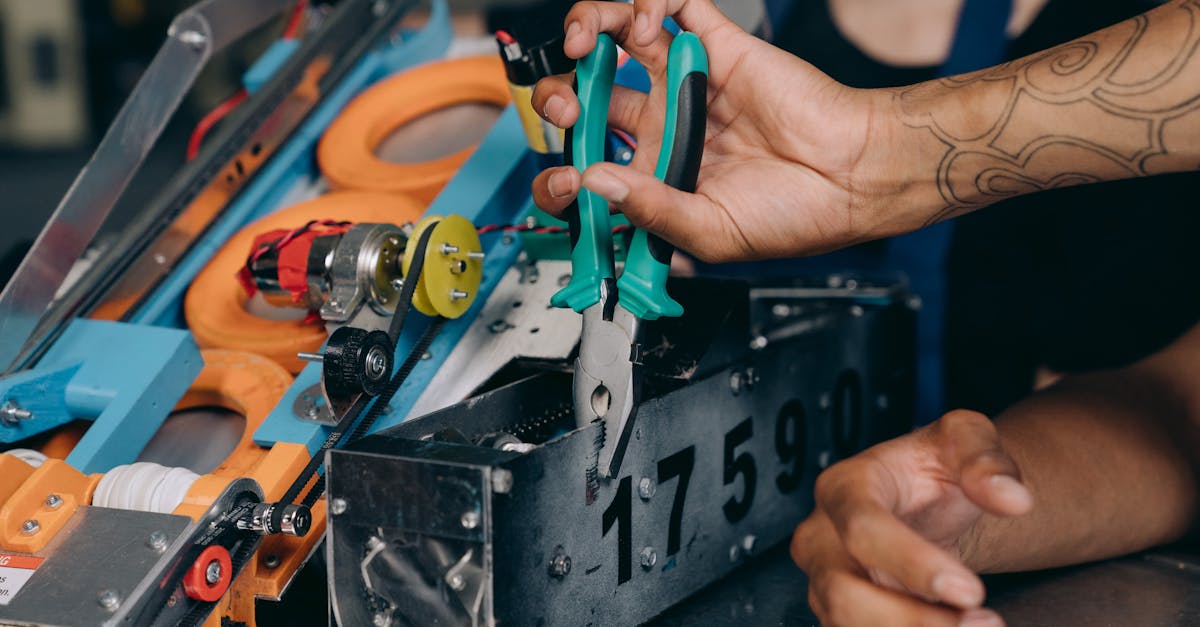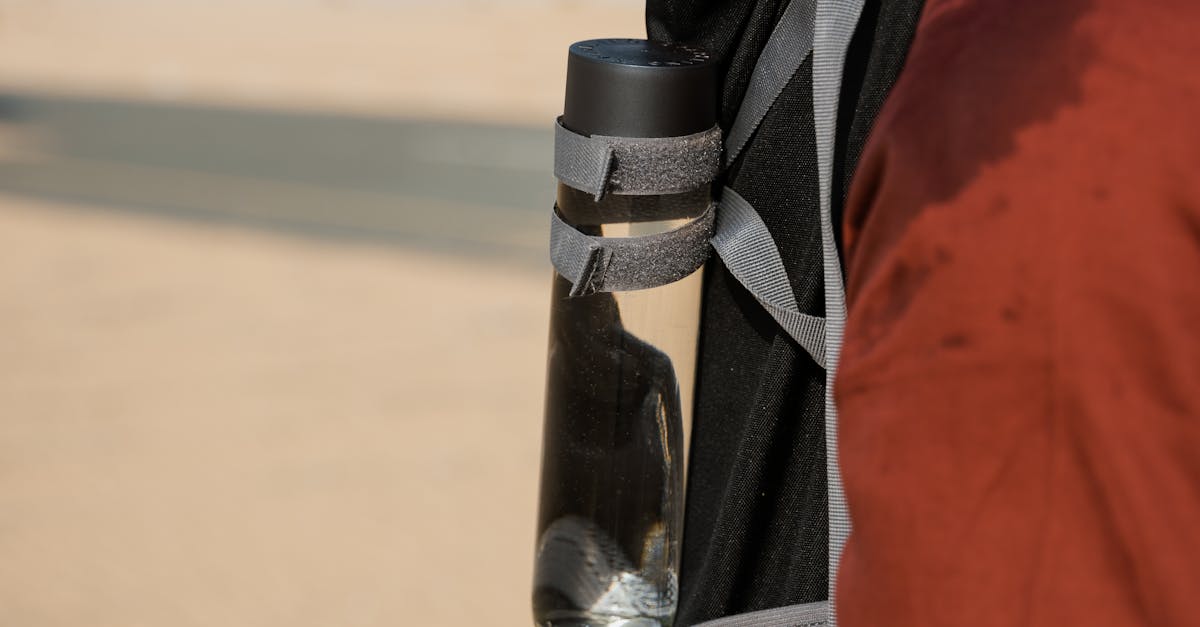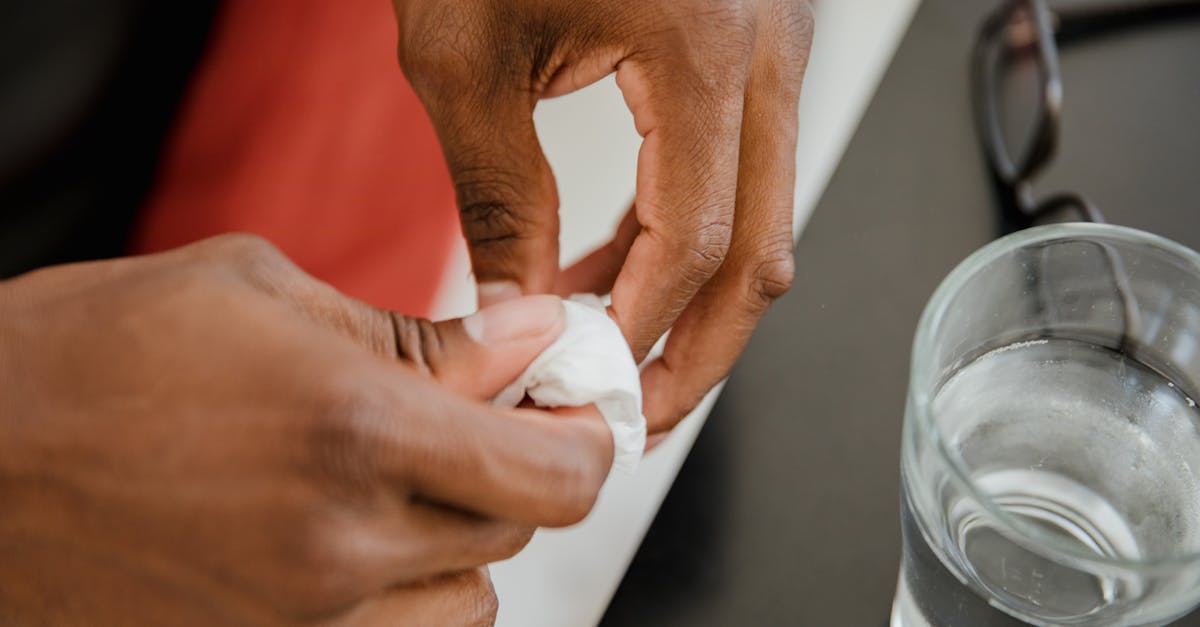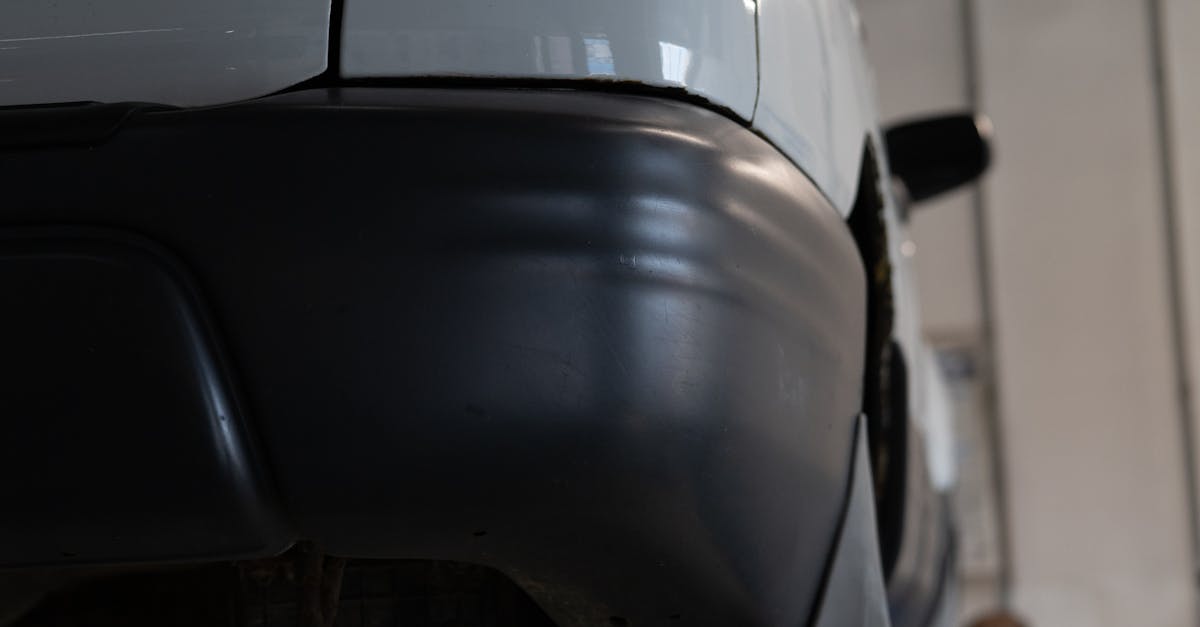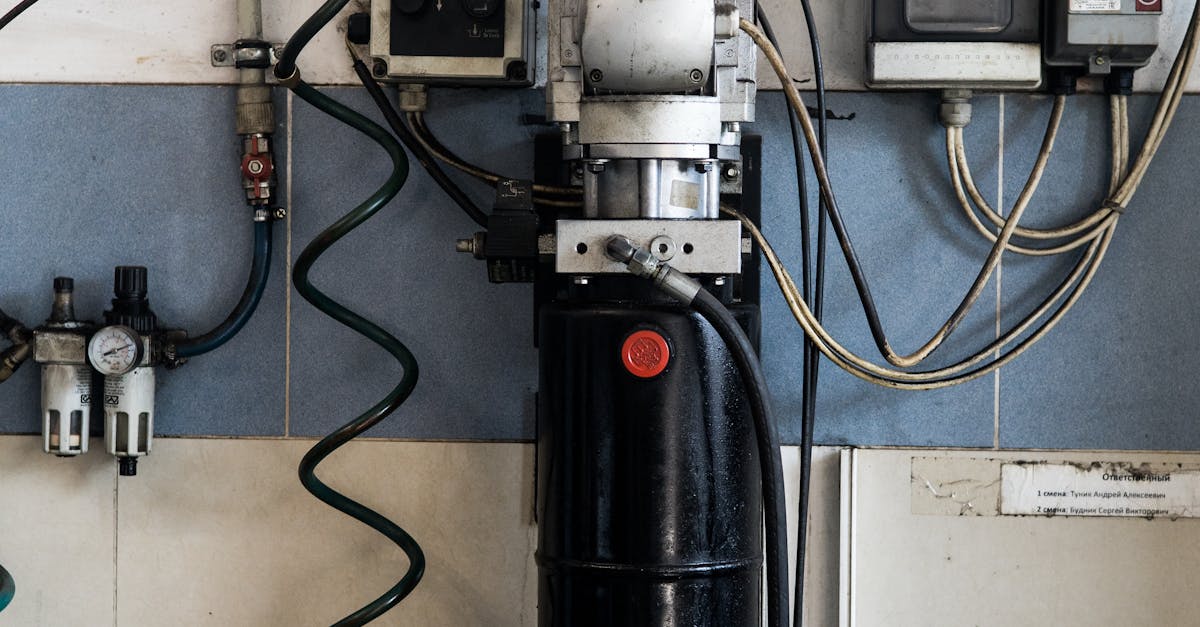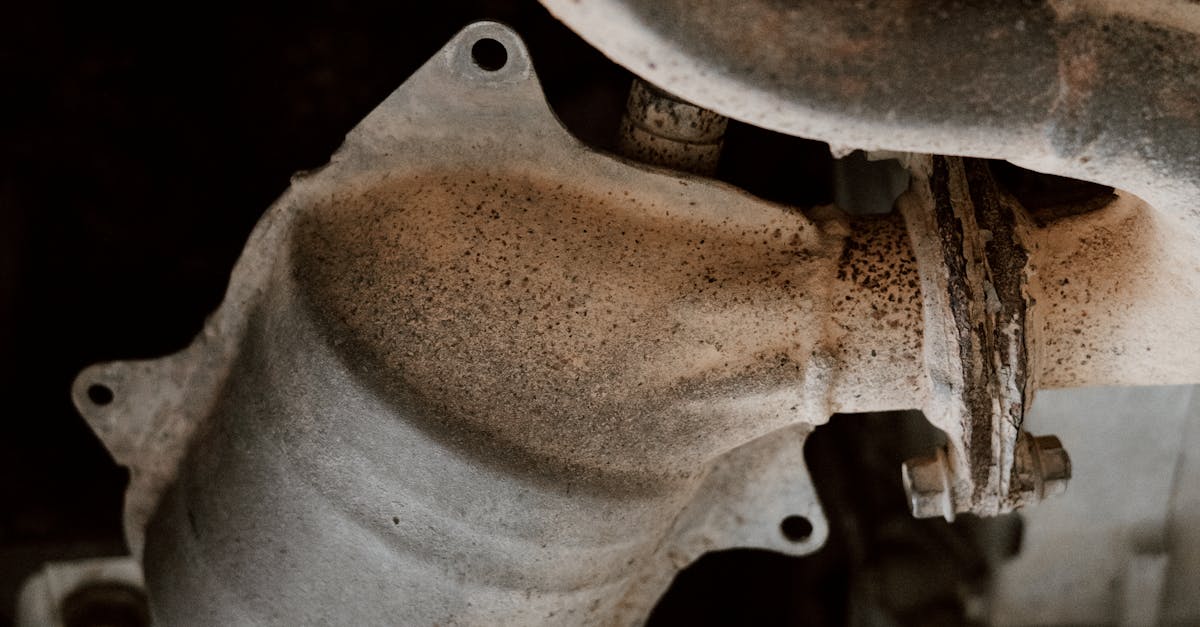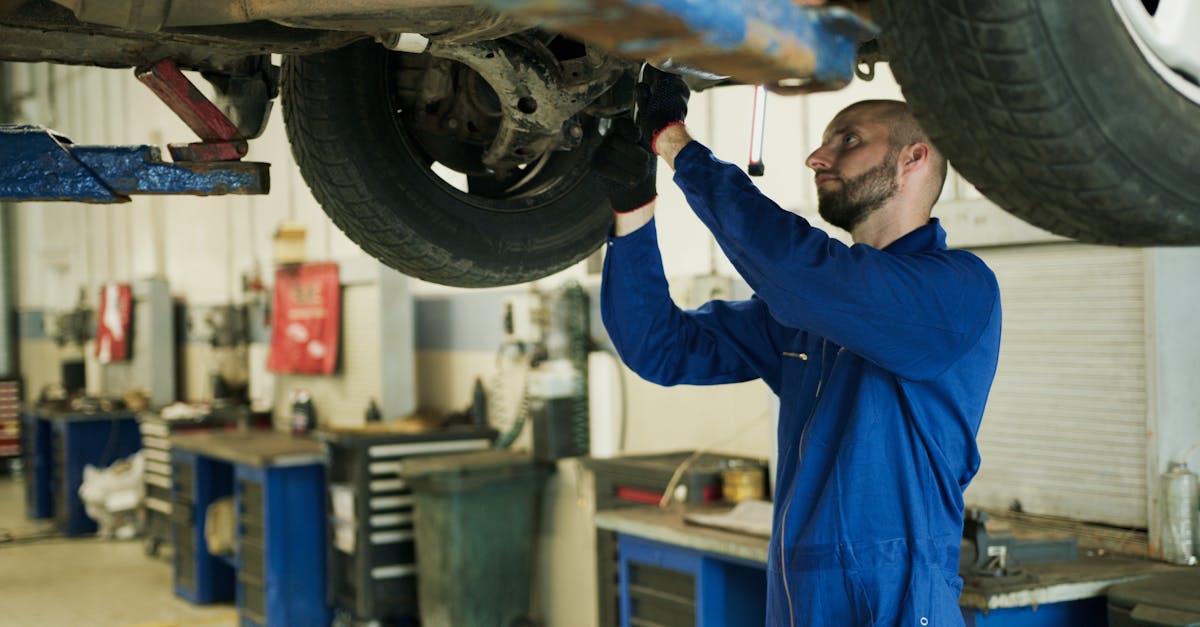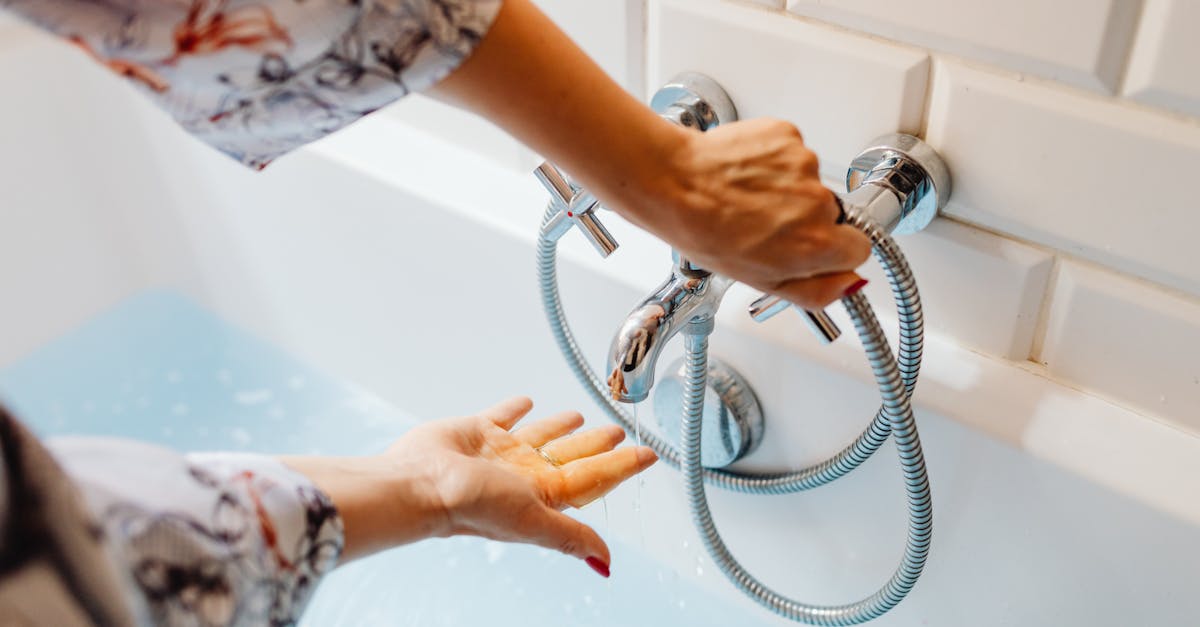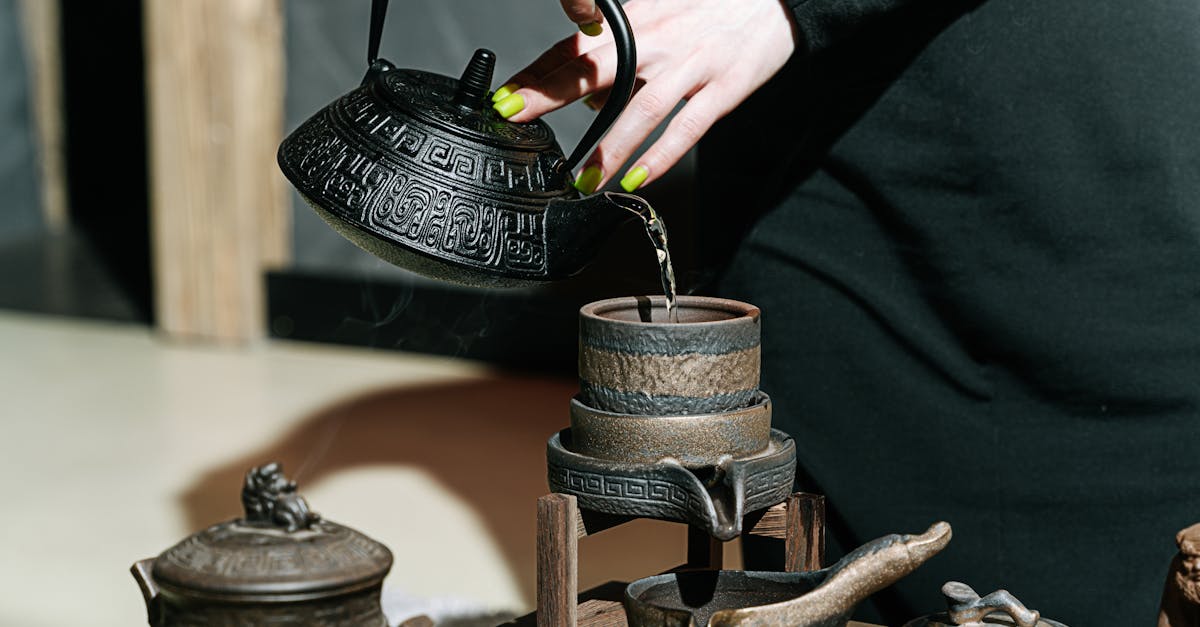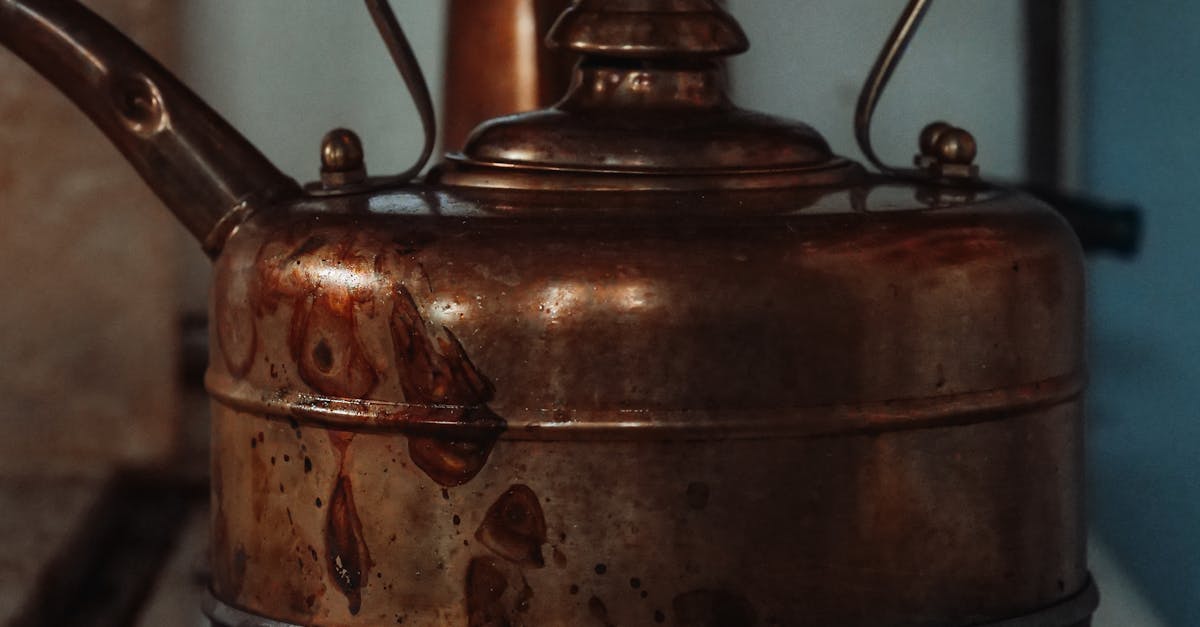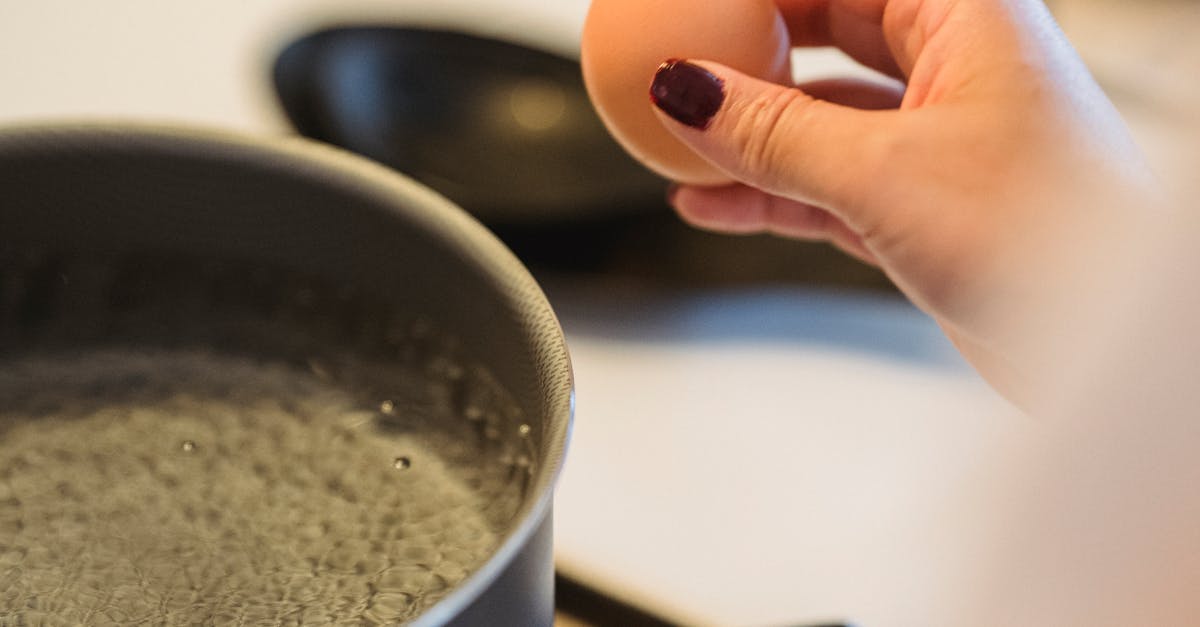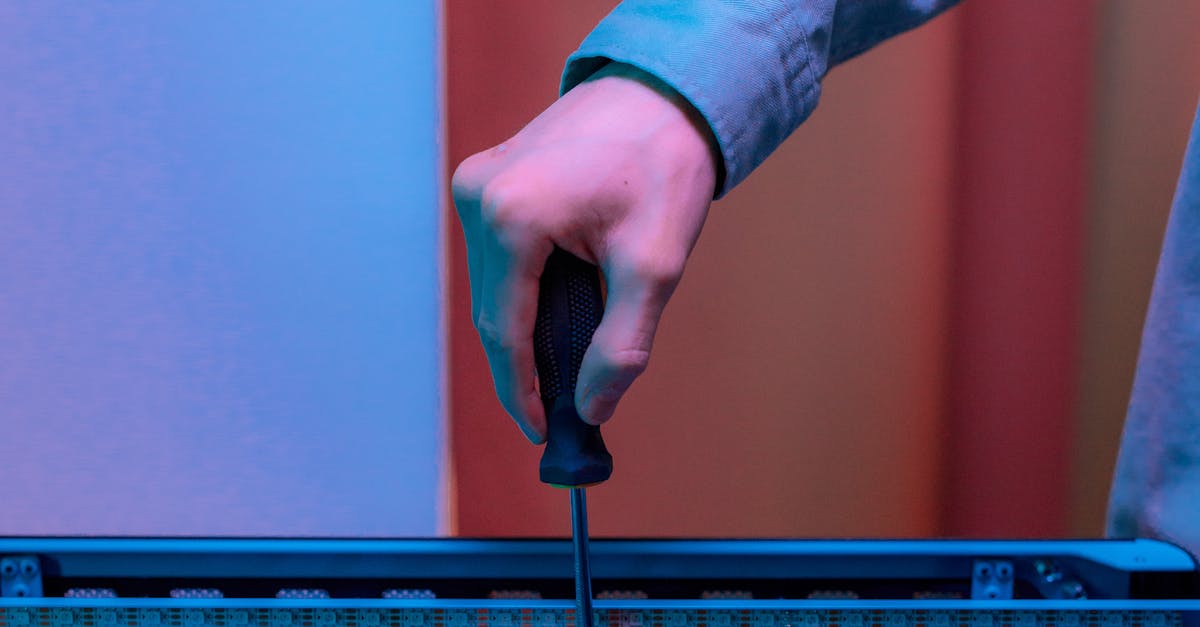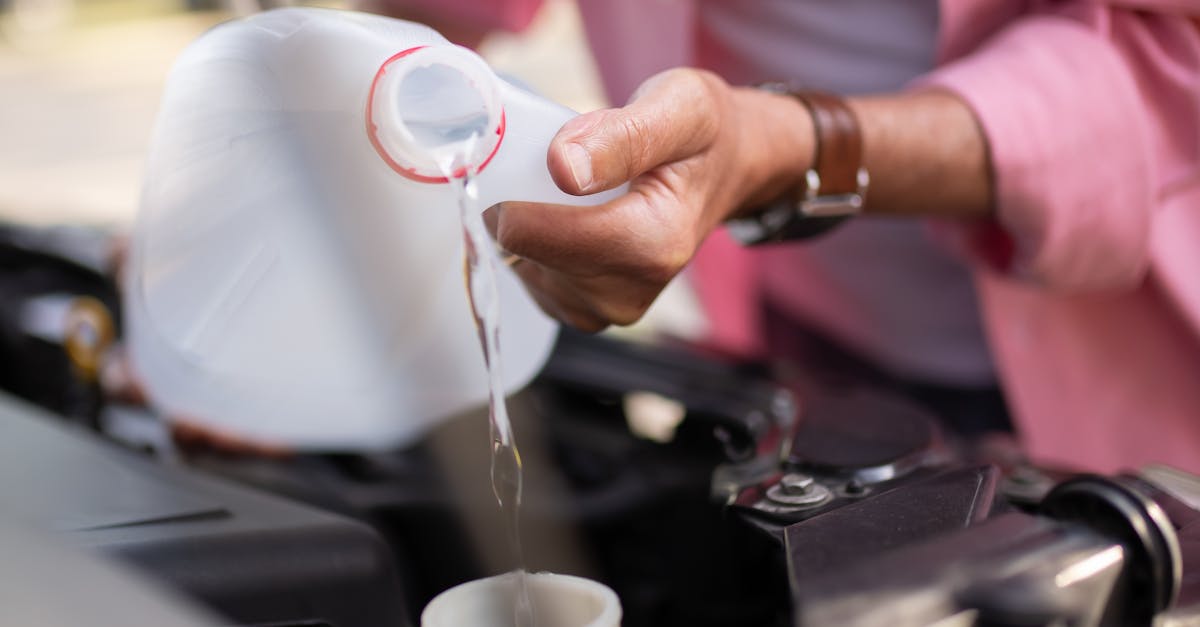
Table Of Contents
Inspecting for Leaks
Leaks can often be the cause of insufficient hot water or fluctuating temperatures. To begin inspecting for leaks, check around the hot water system for any drips or water pooling. Pay particular attention to fittings, bolt joints and pipes connected to the system. A flashlight can help illuminate areas that are typically hard to see. If water is visible, it indicates a potential issue that may require immediate attention.
If you suspect a leak but do not see any obvious signs, consider testing for dampness or water stains on walls or ceilings near the plumbing. A professional inspection can help in diagnosing hidden leaks, especially in older systems. Keeping an eye on your water bill for unexpected increases can also signal a leak. Prompt action is advisable to prevent further damage and facilitate hot water system repair if necessary.
How to Spot Leaks in Your System
Detecting leaks in your hot water system is crucial for maintaining its efficiency. Start by examining visible pipes for damp spots or corrosion. This may indicate a slow leak. Check the connections between the pipes and fittings, as these are common trouble spots. Don’t forget to inspect the water heater itself. Look for pooling water around its base or any signs of moisture accumulation, as these may signal a more serious issue requiring hot water system repair.
Additionally, ensure to check the water meter for irregularities. Turn off all taps and appliances using water, then monitor the meter over a short period. If it continues to move, a leak is likely present somewhere in your plumbing system. Being proactive can help you identify issues early, reducing the potential for more extensive repairs later on.
Assessing Heating Elements
The heating elements in your hot water system play a crucial role in providing you with the hot water you need. If you’re experiencing issues such as lukewarm water or inconsistent heat, it’s important to assess these components first. Look for signs of wear and corrosion. Over time, sediment and mineral build-up can lead to decreased efficiency. Regular maintenance can help extend the life of your heating elements, allowing your system to operate optimally.
When assessing the heating elements, check if they are receiving power. This can often be done with a multimeter to measure the voltage. If there’s no power going to the elements, the issue may lie with the thermostat or wiring. If the elements themselves are faulty, they may need replacement. Engaging a professional for comprehensive hot water system repair can ensure that these components are handled safely and effectively, restoring your hot water flow.
Signs of Faulty Heating Elements
Signs of faulty heating elements in your hot water system can manifest in several ways. If you notice water temperature inconsistencies, such as having lukewarm water when expecting hot, this could indicate that the heating element is not functioning properly. Additionally, if you hear unusual noises like rumbling or popping sounds, this may signify sediment build-up on the element or that the element itself is failing.
Another indication of a malfunctioning heating element is the frequency of hot water shortages in your home. If you find yourself running out of hot water faster than usual, it may be time to consider hot water system repair. Regular monitoring of these signs can help prolong the life of your system and prevent potential issues down the track.
Reviewing Your Plumbing System
Checking your plumbing system is crucial for identifying issues that may affect your hot water supply. Start by inspecting the visible pipes for any signs of leakage or corrosion. Ensure that all connections are secure. Pay close attention to joints and fittings where water is most likely to escape. Even a small leak can lead to significant water wastage and affect the efficiency of your hot water system.
Blockages in your plumbing can also disrupt the flow of hot water. Regularly examine drains and pipes for clogs that may prevent water from moving freely. Clearing any obstructions can often resolve issues before they escalate. If persistent problems arise despite these checks, it may be time to seek professional assistance for hot water system repair. Qualified plumbers can provide an in-depth analysis of your plumbing system, ensuring that it operates smoothly and efficiently.
Checking for Blockages and Pipe Issues
Regular checks on your plumbing system are essential to ensure hot water flows smoothly. Blockages can form due to mineral buildup, debris, or tree roots intruding into pipes. Inspect the visible plumbing for signs of stagnation or reduced water flow. If you have access to main supply lines, ensure they are clear and unobstructed. In some cases, a professional might need to conduct a thorough examination with tools designed to detect hidden issues.
Pipe issues can also contribute to hot water system problems. Look for any signs of corrosion or cracks in exposed pipes. Even a small leak can lead to significant water loss and affect the efficiency of your system. If you identify any problems during your inspection, consider contacting a plumber for a hot water system repair. Proactive maintenance will help prevent more expensive repairs in the long run.
FAQS
What should I do first if I notice I have no hot water?
Start by checking your hot water system for any visible leaks or issues. Inspect the heating elements and ensure that the power supply is intact. If everything appears normal, consider reviewing your plumbing system for blockages or pipe problems.
How do I know if there are leaks in my hot water system?
Look for signs such as water stains, damp spots, or pooling water around your hot water tank or pipes. You may also notice an unusual increase in your water bill, which can indicate hidden leaks.
What are common signs of faulty heating elements?
Common signs include lukewarm or cold water, strange noises coming from the hot water system, or discoloured water. If you experience any of these issues, it may be time to inspect or replace the heating elements.
How can I check for blockages in my plumbing system?
You can start by running water through your taps and sinks to ensure proper flow. If you notice slow drainage or gurgling sounds, there may be a blockage. A professional plumber can help identify and resolve more severe issues.
When should I call a professional plumber for hot water issues?
If you've inspected your hot water system and plumbing but are still experiencing problems, or if you notice significant leaks or damage, it’s best to call a professional plumber to diagnose and fix the issue safely.
